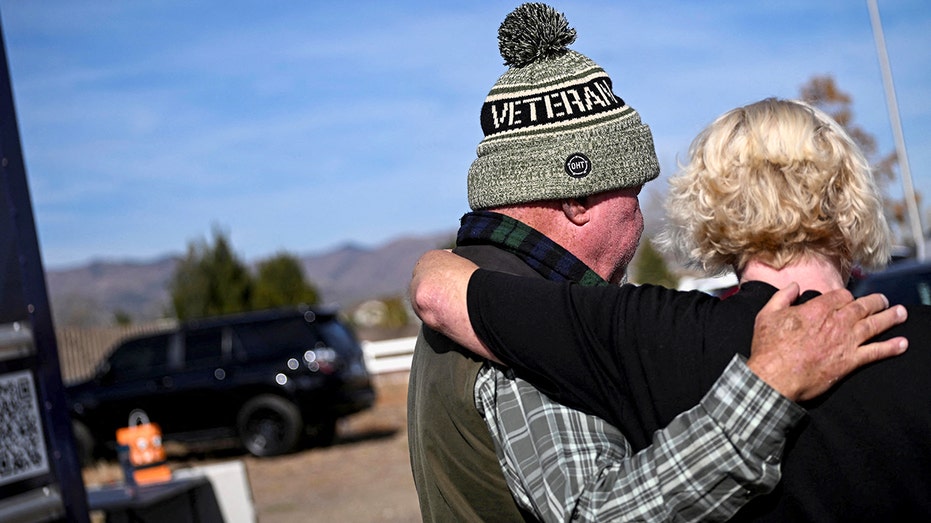Beware of Overpayment Scams Targeting Veterans: How to Protect Your Benefits

As we honor veterans for their service, the Department of Veterans Affairs warns about a rising threat: overpayment scams targeting military beneficiaries. Criminals are increasingly impersonating VA staff via email, calls, and texts, aiming to steal personal information and money.
Scammers often mimic official VA branding, using fake caller IDs and official-sounding language to gain trust. Their goal is to pressure veterans into sending funds or revealing banking details under the pretense of correcting supposed benefit overpayments.
Experts emphasize the importance of verifying any suspicious communication directly through official channels like VA.gov or by calling the VA’s dedicated number. The VA will never request payments via text, third-party apps, or ask for login credentials outside their secure portal.
Real VA notices always include clear instructions through official websites or trusted contact numbers. If you receive a suspicious message, do not respond or click links—verify first. In case of confirmed debt, handle payments only through VA.gov or the VA’s Debt Management Center.
Interesting:
Protect your online accounts by using strong, unique passwords and enabling multi-factor authentication. Regularly check if your email or personal data has been exposed in breaches, and consider data removal services to limit your online footprint, reducing scam risks.
Stay vigilant against malicious links and attachments. Use reputable antivirus software to defend against malware and phishing attempts. Remember, scammers often gather personal details from social media—review privacy settings and avoid sharing sensitive information about your military service or VA benefits publicly.
Finally, report any scam attempts promptly to VA authorities or veteran support organizations. Staying alert ensures your benefits, which symbolize your service and sacrifice, remain protected from fraud and theft.
